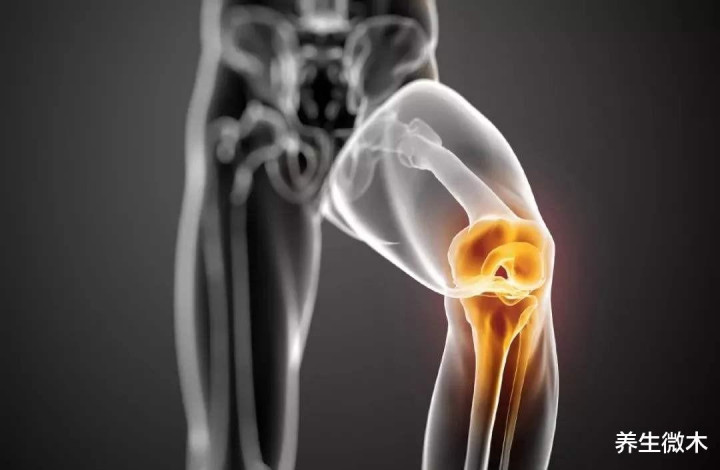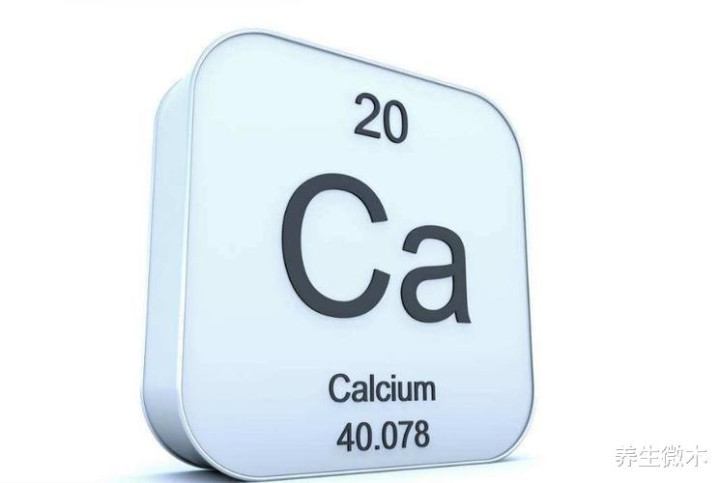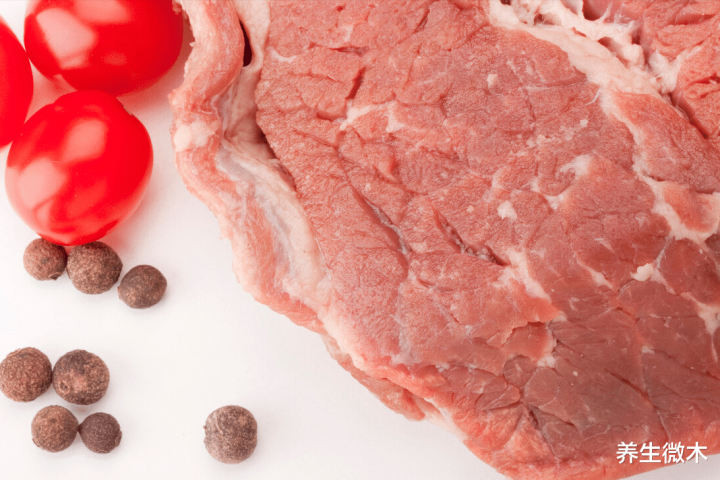For people with poor joints, there are certain substances that must be present in the daily diet as they support metabolic activity and metabolism. In particular, some harmful substances, such as saturated fat, can increase the inflammatory response in the body. Nutritionists and experts point out the necessary groups of substances as follows.

Group 1: Beneficial Fatty Acids
Includes Omega 3 and Omega 6 fatty acids, these fats Groups are commonly found in marine fish and certain types of dried flaxseed, plant essential oils.
Omega-3 fatty acids can reduce the symptoms of arthritis pain by suppressing the immune system response that causes arthritis. Some studies have shown that people with arthritis who take 2-5 grams of fish oil per day see a significant reduction in joint damage, stiffness, and pain.
The omega-6 fatty acid GLA (gamma-linolenic acid) helps suppress the production of inflammatory prostaglandins. On average, a daily supplement of 1-3g of omega-3 fatty acids can bring about positive changes in arthritis. The combination of omega-3 and omega-6 supplements completely reduces inflammatory mediators and blocks the triggers that lead to immune disorders.
If people are unable to obtain adequate sources of omega-3 and omega-6 acids through food, they can supplement with both omega-3 and omega-6.
However, patients with rheumatoid arthritis need specific instructions regarding the dosage and duration of the medication. Because high doses of fish oil supplements can affect blood clotting and harmful interactions with some other medications.

Group 2: Vitamins
Vitamins C, D, E and beta-carotene, is an antioxidant that helps prevent common arthritis symptoms. Some research suggests that vitamins C and D also have the ability to improve inflammation and slow the progression of knee arthritis.
Especially foods rich in vitamin E also have anti-inflammatory effects. β-carotene and other substances often exist in carrots, tomatoes, pumpkins, green vegetables, fruits, vegetables, sweet fruits, etc. Supplementing these vitamins can play a preventive and therapeutic role, and is non-toxic and harmless.

Group 3: Calcium
Calcium supplements support healthy bone and joint structure, average In general, the body needs about 1,200 mg of calcium per day. When calcium supplements help strengthen bones, people’s bodies will be able to fight inflammation and reduce disease well.
Food groups rich in calcium include: milk, dairy products, dark green vegetables, seafood.
In addition, arthritis patients also need to supplement genistein from soybeans. This is a phytohormone estrogen that is an important contributor to strong bones, and patients also need vitamin D supplements to help absorb and metabolize calcium in the body.

Group 4: Glucose
Glucose plays an important role in the functioning of the immune system, Patients should eat enough starchy foods, such as rice, noodles, potatoes, to avoid nutritional deficiencies in the body. If the patient is taking corticosteroids (cortisone, prednisolone, medisa…), you should limit foods that contain a lot of sugar, such as cakes, teas, etc.

Group 5: The protein group
Found in various meats and beans Protein, on average, rheumatoid arthritis patients need to add about 50 grams of meat and 100 grams of beans per day. People can eat about 3-4 eggs/week (if the patient has cholesterol in the blood, it should be reduced to 1-2 eggs/week).
Also limit sources of animal protein, especially red meat. You should also add protein from black, red, and soy beans, so increase your milk intake, as this is a great source of protein and calcium for arthritis sufferers.

Group VI: Minerals
Folic Acid: is a A vitamin B that is present in food and can also be supplemented externally. In the case of rheumatoid arthritis requiring treatment with methotrexate, the patient also needs to supplement with folic acid to make red blood cells. In addition, folic acid supplements can help improve pain symptoms and inflammation, as well as medication side effects.
Selenium: An important mineral that helps fight free radicals that damage body tissues. In some recent studies, rheumatoid arthritis patients had significantly lower blood selenium levels, requiring supplementation for effective treatment.
References
What should people with arthritis eat? “Medical Reviewer Gregory Minnis on August 4, 2019
“What Should Arthritis Patients Eat? “Medical Reviewer Jjessica Timmons June 24, 2021